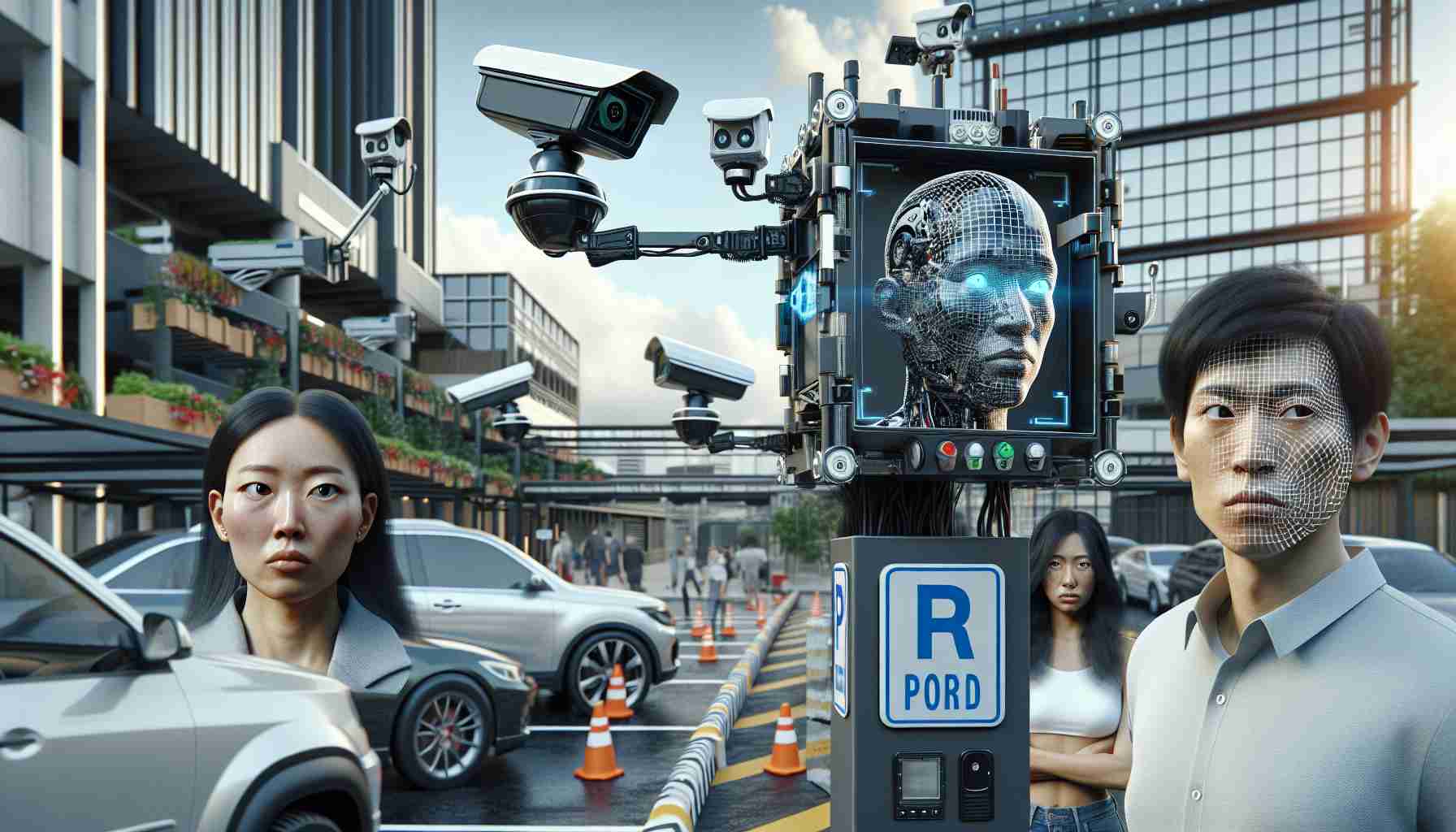Artificial Intelligence Leads to Parking Fines
Artificial intelligence (AI) has been increasingly integrated into everyday life, now extending its reach to the enforcement of parking regulations. Many motorists are experiencing the sting of AI-driven parking control, particularly on supermarket lots where free parking has become a thing of the past due to space shortages. Automatic license plate recognition systems are identifying and fining those in violation swiftly, leaving little room for error—or so it is believed.
Technology Tussles with Tardy Shoppers
Companies like Parkdepot have emerged as the driving force behind these AI systems, promising that through vehicle scanning at entry and exit points, they ensure parking spaces remain available for genuine patrons. Reports of fines ranging from €20 to €40 for parking infractions have surfaced, ruffling the feathers of many a shopper who have overstayed their welcome.
Public Outcry on Social Media
Social media platforms have become arenas for disgruntled customers to voice their frustrations. Statements from shoppers express their annoyance with fines incurred for seemingly harmless actions, from an extended meal at a restaurant to a quick run for bread on a closed-business day. The discontent is palpable, with some customers vowing to take their business elsewhere.
Mistakes in Monitoring
Not all is smooth in the realm of AI parking solutions, though, with errors occasionally creeping into the system. A customer was mistakenly billed for occupying a parking space all day, when in fact, the stay was only half an hour. Upon reaching out to the supermarket in question, the fine was revoked, indicating that human intervention remains a crucial part of the oversight process.
Debate on Fines and Fairness
Legal experts are beginning to question the legitimacy of this automated enforcement, suggesting the possibility of a profit-driven motive behind the fines. Controversial instances have been reported, such as a woman in Vienna who faced an exorbitant fine for a mere three-minute parking infraction, which she contested. The fairness and accuracy of AI parking enforcement remain hotly debated topics.
In the context of AI enforcing parking regulations, several important questions and challenges arise:
Important Questions:
1. How accurate is AI in identifying parking violations?
AI relies on technologies such as automatic license plate recognition systems, which while advanced, can sometimes misinterpret data or be subject to technical malfunctions, leading to incorrect fines.
2. What is the legal basis for AI-issued parking fines?
The legitimacy of fines issued by artificial intelligence systems can be questioned, particularly if the legal framework has not been updated to support automated enforcement methods.
3. How does the system handle appeals and errors?
Given that AI systems can make mistakes, as evidenced by the incident mentioned in the article, there must be robust and accessible processes in place for motorists to appeal against unfair fines.
Key Challenges and Controversies:
– Balancing efficiency and accuracy: Although AI can dramatically increase the efficiency of parking enforcement, it also has to maintain a high level of accuracy to avoid wrongful penalties.
– Ensuring transparency and accountability: There is a need for clear guidelines on how the AI systems work and who is accountable in case of errors or disputes.
– Data privacy concerns: The use of AI in parking enforcement involves the collection and processing of personal data, which raises concerns about privacy and data protection.
Advantages:
– Improved availability of parking spaces for customers by deterring non-customers from using the lot.
– Reduced labor costs for businesses and municipalities, as manual monitoring of parking spaces is labor-intensive.
– AI can identify patterns and optimize space usage, potentially leading to better traffic flow and space management.
Disadvantages:
– AI can also misidentify vehicles or fail to account for special circumstances, leading to unjust fines.
– It may discourage customers who fear getting fined, potentially affecting business for retailers.
– Lack of human empathy in automated systems can result in rigid enforcement of regulations without consideration of individual circumstances.
For more information about AI’s role and developments in similar contexts, you may wish to visit diverse tech news outlets or the official websites of companies developing this technology such as IBM Watson or Intel.
Remember, it continues to be essential to monitor and improve AI technology in these roles to ensure it serves the public interest while maintaining fairness and accuracy.

